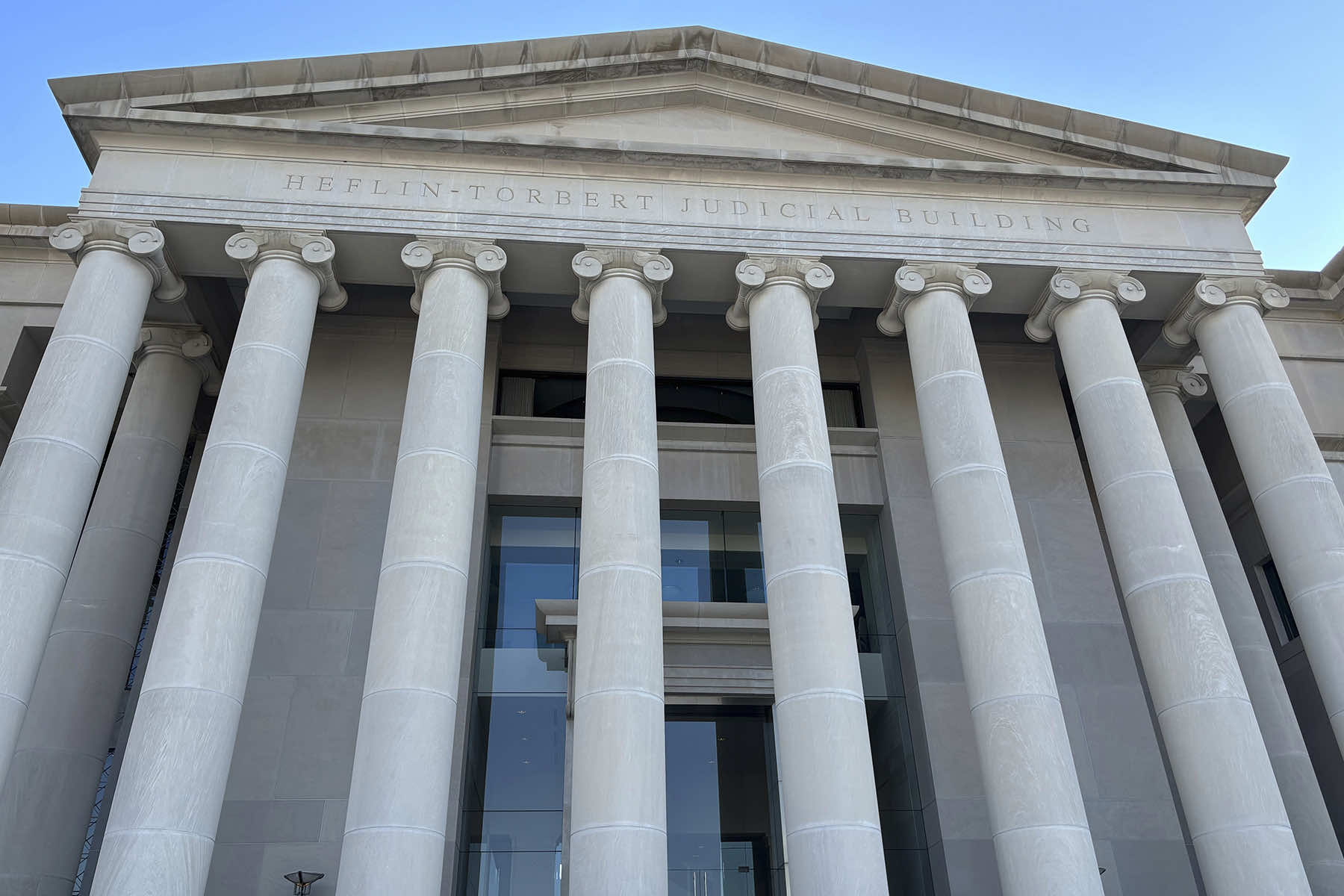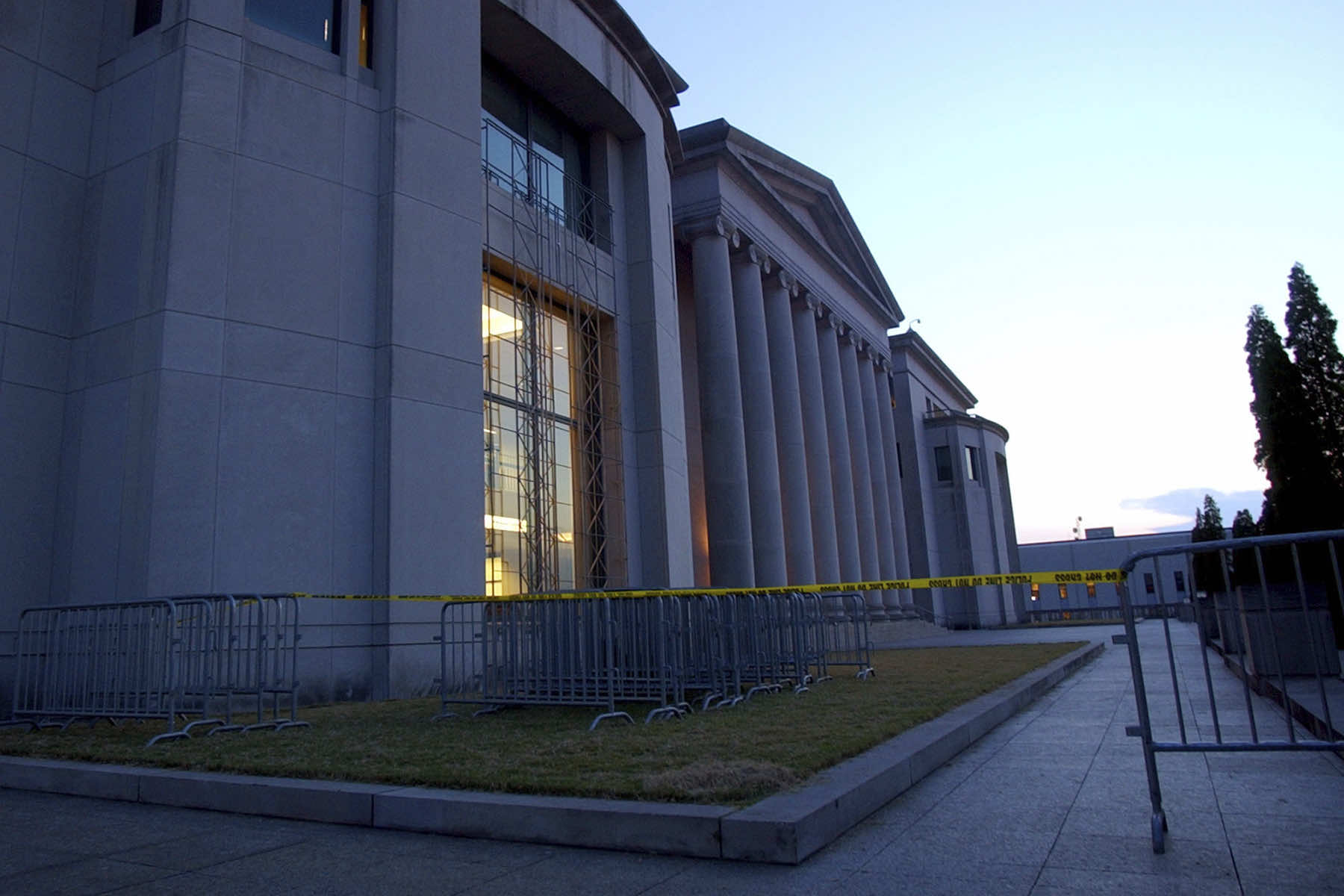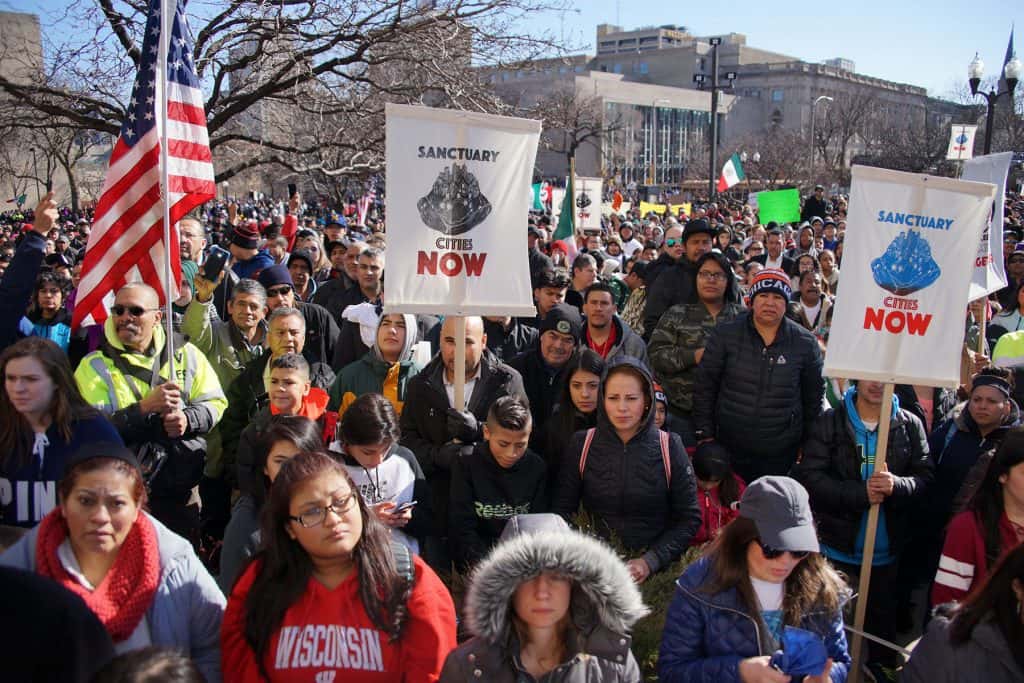
The Alabama Supreme Court has ruled that frozen embryos can be considered children under state law, a decision critics said could have sweeping implications for fertility treatments.
The decision was issued in a pair of wrongful death cases brought by three couples who had frozen embryos destroyed in an accident at a fertility clinic. Justices, citing anti-abortion language in the Alabama Constitution, ruled that an 1872 state law allowing parents to sue over the death of a minor child “applies to all unborn children, regardless of their location.”
“Unborn children are ‘children’ … without exception based on developmental stage, physical location, or any other ancillary characteristics,” Justice Jay Mitchell wrote in the majority ruling from the all-Republican court.
Mitchell said the court had previously ruled that fetuses killed while a woman is pregnant are covered under Alabama’s Wrongful Death of a Minor Act and nothing excludes “extrauterine children from the Act’s coverage.”
The ruling brought a rush of warnings about the potential impact on fertility treatments and the freezing of embryos, which had previously been considered property by the courts.
“This ruling is stating that a fertilized egg, which is a clump of cells, is now a person. It really puts into question, the practice of IVF,” Barbara Collura, CEO of RESOLVE: The National Infertility Association, said in an interview. The group called the decision a “terrifying development for the 1 in 6 people impacted by infertility” who need in-vitro fertilization.
She said it raises questions for providers and patients, including if they can freeze future embryos created during fertility treatment or if patients could ever donate or destroy unused embryos.
The plaintiffs in the Alabama case had undergone IVF treatments that led to the creation of several embryos, some of which were implanted and resulted in healthy births. The couples had paid to keep others frozen in a storage facility at the Mobile Infirmary Medical Center. A patient in 2020 wandered into the area and removed several embryos, dropping them on the floor and “killing them,” the ruling said.
The justices ruled that wrongful death lawsuits by the couples could proceed.
An anti-abortion group cheered the decision. “Each person, from the tiniest embryo to an elder nearing the end of his life, has incalculable value that deserves and is guaranteed legal protection,” Lila Rose, president and founder of Live Action said in a statement.
Chief Justice Tom Parker issued a concurring opinion in which he quoted the Bible in discussing the meaning of the phrase “the sanctity of unborn life” in the Alabama Constitution.
“Even before birth, all human beings bear the image of God, and their lives cannot be destroyed without effacing his glory,” Parker said.
Justice Greg Cook, who filed the only full dissent to the majority opinion, said the 1872 law did not define “minor child” and was being stretched from the original intent to cover frozen embryos.
“Moreover, there are other significant reasons to be concerned about the main opinion’s holding. No court — anywhere in the country — has reached the conclusion the main opinion reaches,” he wrote, adding the ruling “almost certainly ends the creation of frozen embryos through in vitro fertilization (IVF) in Alabama.”
The Alabama Supreme Court decision partly hinged on anti-abortion language added to the Alabama Constitution in 2018, stating that it is the “public policy of this state to ensure the protection of the rights of the unborn child.”
Supporters at the time said it would “be a declaration of voters’ beliefs” and would have no impact unless states gain more control over abortion access. States gained control of abortion access in 2022.
Critics at the time said it would have broad ramifications for civil and criminal law beyond abortion access and that it was essentially a “personhood” measure that would establish constitutional rights for fertilized eggs.
White House press secretary Karine Jean-Pierre said the Alabama decision reflected the consequences of the Supreme Court overturning Roe v. Wade in 2022 and blamed Republican elected officials from blocking access to reproductive and emergency care to women.
“This president and this vice president will continue to fight to protect access to reproductive health care and call on Congress to restore the protections of Roe v. Wade in federal law for all women in every state,” Jean-Pierre told reporters aboard Air Force One.

















